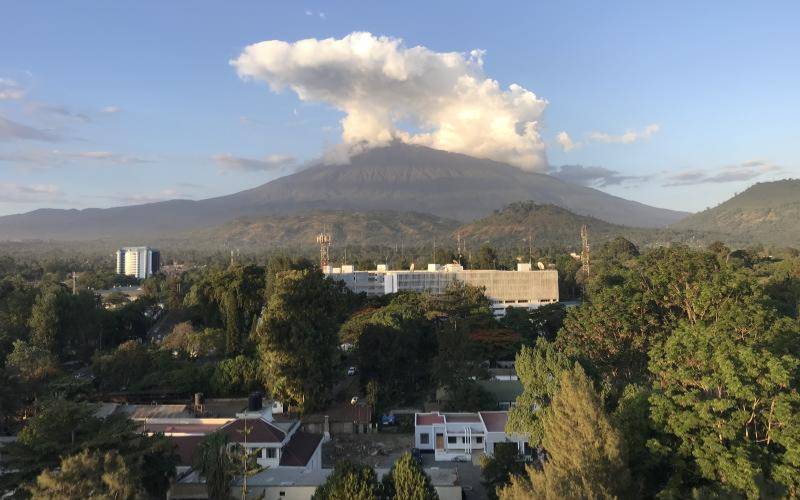×
The Standard e-Paper
Home To Bold Columnists

The view of Mount Meru from one of the tall buildings in Arusha is breathtaking, more like Mt Fujiyama in Japan. The headquarters of the East African Community is inserted in the leafy suburb with red “Christmas trees“ in bloom.